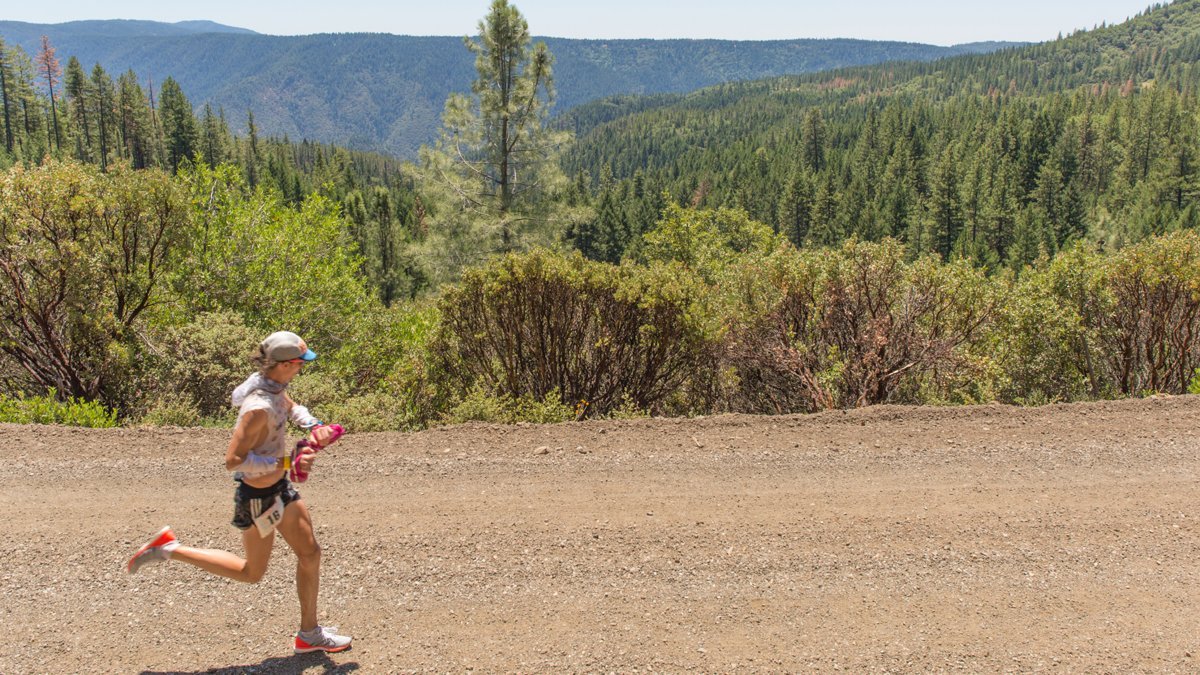|
By Paul Negrete What is motivation? According to my Mac dictionary motivation is, “the reason or reasons one has for acting or behaving in a particular way; the general desire or willingness of someone to do something.” A more technical definition of motivation found in Psychology Today is, “the desire to act in service of a goal. It's the crucial element in setting and attaining one's objectives.” Motivation is the drive or desire we have for completing our targeted objectives Everyone has a certain level of motivation capacity. It is true that some people have more motivation than others. Research shows that differences in motivational capacity are significant, apparent even at age four and reliably correlate with motivational behavior during adolescence and adulthood. The human COMT gene has two alleles, MET and VAL. An allele is a molecule that exists in two forms, both having an identical chemical composition, but differing in how the atoms are bound together. These phenotypes are equally represented in the human population. Humans with MET allele respond more quickly to changes in their environment, are more efficient in processing information, and have far higher levels of dopamine neurotransmitters in their frontal cortex. (Martin, 2016)
According to Martin (2016), “The dopamine neurotransmitter is critical to our reward system, which is a driver of motivation-related decision-making.” Dopamine’s presence in the brain’s frontal lobe has an effect upon the brain’s executive functions, including self-awareness, self-regulation, planning, concept formulation, goal setting, and mental flexibility. In short, half of the human population is born with significantly greater motivational capacity. However, rarely and if ever do people use their entire motivation capacity. In other words, you can probably push all of your life and never exhaust your motivational threshold.
0 Comments
By Mario Negrete, Jr. “Since the mind and the soul find expression through the body, both mental and spiritual vigor are in great degree dependent upon physical strength and activity; whatever promotes physical health, promotes the development of a strong mind and a well-balanced character.” E.G. White, Education: Ch.21, The Study of Physiology It was late June, about 8 o’clock in the morning, and the hot summer sun was already beating down on everyone and everything that was underneath it. A varsity high school soccer team was preparing for their upcoming season in August. School was already out for summer vacation. While most of their classmates and young people their age were sleeping comfortably in their beds, the members of the team had decided that they would prepare for the upcoming season each morning during the week, all summer long. They were deeply motivated to prepare and anxious to get the season started. The previous season, they had lost a heartbreaker in overtime in the semifinals. Determined to come back even stronger the following season, the team made a pact to work hard and improve over the summer to reach the finals and win the championship. Day one of the summer work out session, the players and coaches arrived early and ready to put in work. The players were excited to work on their skills, but the coaches had other plans. The players had noticed that the coaches had not brought any soccer balls to the training session. The players were puzzled and asked the coaches why they had not brought any soccer balls. The coaches answered stating that before they could even begin to work on skill and strategy, the team needed to work on strength and conditioning. The coaches then explained to the team that the main reason why the team had lost such a close game in overtime was that the team was physically exhausted, which then caused a mental breakdown throughout the team and one mistake lead to another and before they knew it, the opposition scored the winning goal. Physical strength and conditioning, the coaches strongly emphasized, were the foundation pieces to building mental and spiritual strength. The rest of that week and throughout the summer, the team ran a mile each day and worked out in the weight room because they came into the awareness that a strong and healthy body results in a strong and healthy mind. Psalm 139:14 says, “I will praise Thee, for I am fearfully and wonderfully made: marvelous are thy works; and that my soul knoweth right well.” The Lord knew what He was doing when He created us. His plan was for us to be strong and healthy because that discipline and care towards our body would help us in training our mind and spirit to be strong as well because it would allow us to be the best possible “players” or “workers” on God’s team. God be with you as you build on the foundation for mental and spiritual strength, and that is a strong and healthy body.
By R.D. Gallant On a trail in the beautiful mountains of Northern California, 26-year-old Jim Walmsley made a terrible mistake. Jim was running a race called the Western States 100. This race is known as one of the most famous and renowned ultra marathons in the entire world. Although being an accomplished runner, this was Jim’s first 100 mile race. As the day began, Jim crested over the first peak after climbing 2,500 feet and running 4.5 miles he was nearly 20 minutes ahead of his closest competitor. For the rest of the day, Jim set a blistering pace through the Sierra Nevada mountain range. At one point he even was running so fast that the aid stations meant to help provide for him didn’t even open by the time he reached them. Photo: Myke Hermsmeyer Jim held the lead in the race and maintained his pace for the first 93 miles of the course. He had built up a substantial lead but all of a sudden Jim vanished. Up until that point Jim was on pace to shatter the course record of 14 hours 46 minutes. After reaching mile 93, Jim stopped seeing course markers and he eventually arrived at the winding Highway 49. Eventually he realized that he had run a full 2 miles off the marked course. While 2 miles doesn’t seem like a lot, when you are running that fast and for that long, each step is filled with agonizing pain. By the time he realized his mistake his resolve was gone and he felt drained of all his energy. Jim was lost and he didn’t know what to do. Photo: Myke Hermsmeyer As Jim was preparing to run the hardest 7 miles of his life, he was unable to clearly see where he was supposed to go. His race had begun with an incredible start but Jim was unable to complete his amazing accomplishment because he had not planned correctly. Most runners in the race, after reaching the point of near complete exhaustion choose to run with a pacer. Pacers are able to help you along the journey by leading you in the path you should go. They can also provide encouragement when every step is filled with pain. Jim got lost, missed out on setting a new course record, and barely finished the race because he had not planned according to the struggles he knew he was going to face. Photo: Myke Hermsmeyer Our lives can be a lot like the 100 mile race that Jim was running. There are twists and turns, ups and downs. After a while, it can be easy to get exhausted, discouraged, and even lost. There are two ways we can plan so that we don’t fail. In Proverbs 3:5-6 the bible says, “Trust in the LORD with all your heart, and do not lean on your own understanding. In all your ways acknowledge him, and he will make straight your paths.” When we are planning in life, if we trust God to give him our whole hearts, not lean on our own navigation, He will make the journey easier for us. Secondly, Jesus also says in Luke 9:23, “And he said to all, "If anyone would come after me, let him deny himself and take up his cross daily and follow me.” If we plan to follow Jesus then He will make sure that we are able to bear the load and complete our journey. As we have begun our 12 week training plan, lets plan to trust God with our mind, heart and body and follow Jesus wherever He may lead us.
|
Archives |





